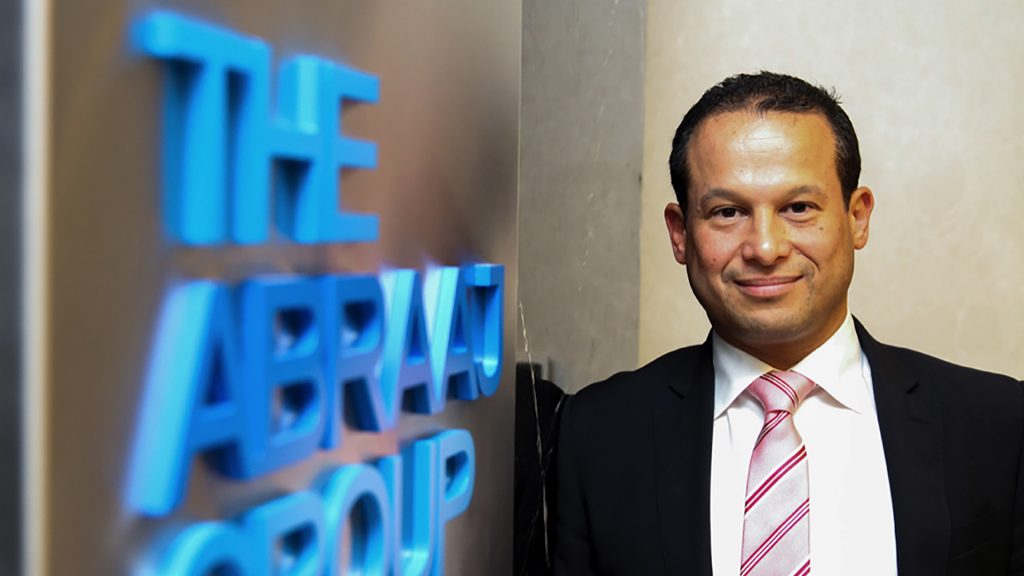Key Takeaway
From changes in leadership, to termination of staff, to legal troubles, reorganization, and a mysterious missing team page on the organization’s website, there have been a number of online breadcrumbs pointing to troubles within leading emerging markets buyout firm Abraaj. What does this mean for stakeholders in the industry?
Based in Dubai, Abraaj is the largest private equity firm dedicated to developing economies, managing $13.6 billion for institutions including development agencies in the United States, Britain and France, with a portfolio of more than 200 companies.
Recent online breadcrumbs suggest the firm may be in serious trouble. Axois dug upa collection of indicators suggesting issues which go far beyond inconsistencies on the balance sheet.
Following the trail
In late March, Bloomberg reported that the firm was cutting 15% of its workforce as part of a major ongoing reorganization. This followed allegations of misuse around nearly $200M in the company’s $1B healthcare fund, coming from investors including the Bill & Melinda Gates Foundation and the World Bank.
According to the New York Times, at a meeting last September investors saw bank statements indicating $200M was sitting in the fund and had not been invested. Founder & CEO Arif Naqvi was forced to return $100M of this in December and halt future investments. The firm subsequently hired KPMG to complete an audit and iron out the situation, as investors requested proof that the funds were not used for the firm’s own operations.
Shortly after, Naqvi said he would separate the firm’s fund management businessfrom its holding company, and step down from the former, while a number of executives left the company. Notably, the team page on the firm’s website has been empty since troubles began, and they cancelled their annual Abraaj Week event.
Why this matters
Firms like Abraaj have an impact on a number of stakeholders, from the companies in their portfolio, to their investors, to the beneficiaries of the work their investments make possible, like their North Africa hospitals business. Each of these parties should be keeping a close eye on the breadcrumbs left by the fund.
As well, competitors of the fund can look for opportunities emerging from their turmoil, potentially securing funds that may be available for other investments. The impact is already being felt within the organization, as talks from potential buyers of the firm’s investment business have halted conversations while investigations continue.

It’s not just those immediately associated with Abraaj that will be impacted by these events. The fund’s operations have been setting the stage for significant disruption in the traditional aid model, and many in the space are watching closely to see whether it succeeds.
These events come at a time when leaders of institutions like the World Bank are facing scrutiny for promoting the controversial idea that they should look to private institutions – like sovereign wealth firms, PE firms and insurance companies – for contributions, over the traditional government route. The World Bank’s relationship with Abraaj was seen in part as a testing ground for this new approach, but the firm’s current turmoil won’t be much help in quelling the skepticism of economists in the public sphere.
For firms as influential as Abraaj, public red flags like these can have a ripple effect. Anyone following the trail of breadcrumbs they leave behind will be able to see signs of unrest early on and prepare to act accordingly.

